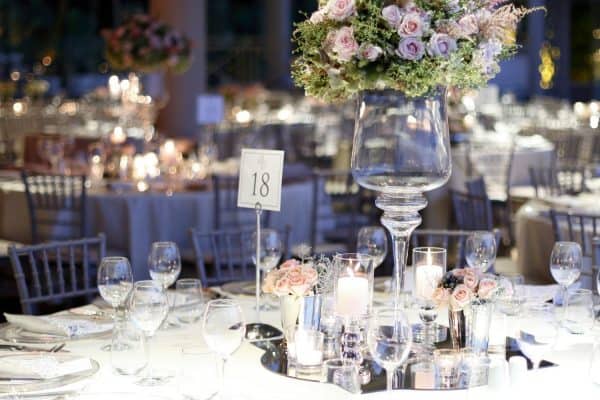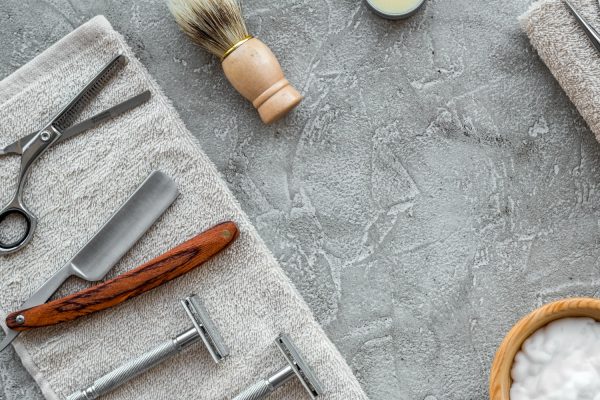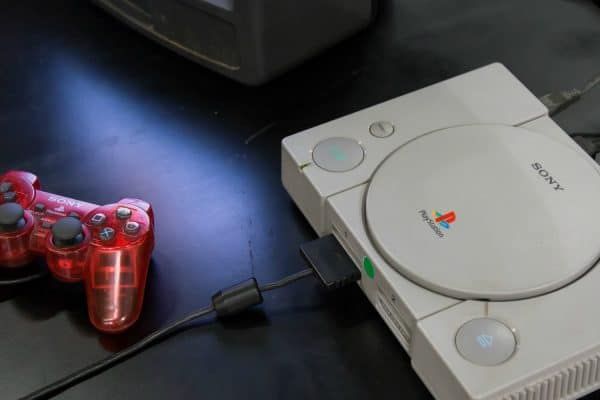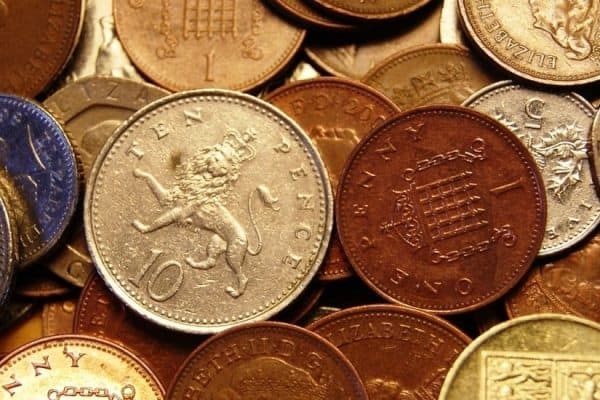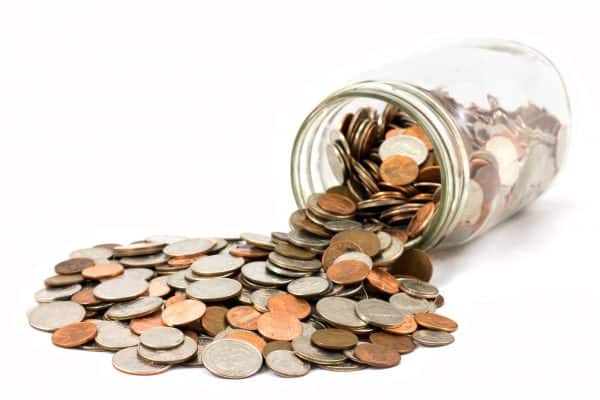When you’re moving between rented properties, making sure you keep as much of your deposit as possible is crucial. If you’re like many of us, you’ve probably already planned what you’ll be doing with that money once you get it back. Perhaps it’s your next deposit, or maybe it’s earmarked for a big household expense like new appliances.
Whether it’s taking photos before you move in or making use of a magic eraser, these tips will help you stay on your landlord’s good side and have your deposit returned in full when you move out.
Document every last bit
Before you begin even breathing in your new home, you should take as many photos as possible. The reason for this is that you’ll have photographic evidence of any damage to the property that occurred before you lived there. This means your landlord can’t then accuse you of causing damage that was there before you arrived in order to keep your deposit, and you’ll have the proof to show them!
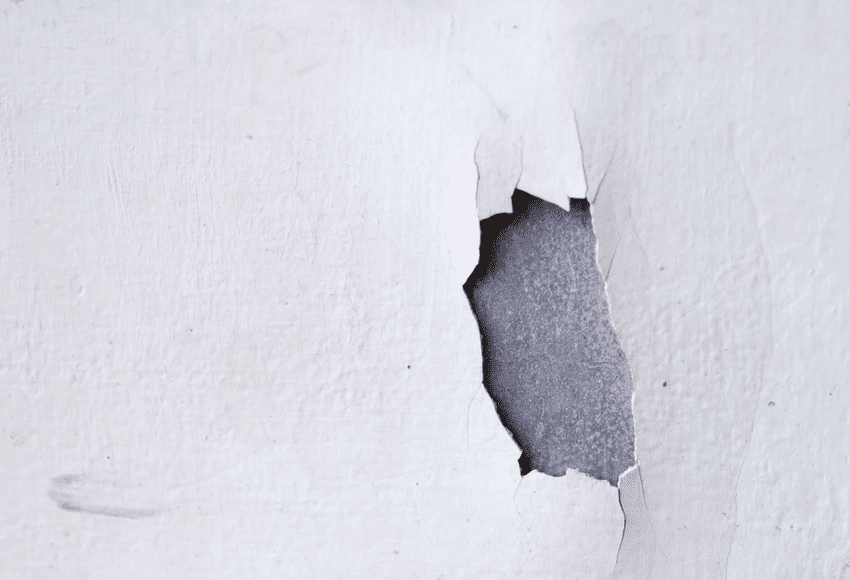
Make sure you pay attention to anything that looks out of the ordinary; mould under the sealant in the bathroom, a mark on the wall or a chip in the front door. You’ll probably be given an inventory when you move in that will have notes about any damage. Add anything that you think is missing and get your landlord to sign off on it as soon as possible. The earlier this gets done, the better, and the sooner you can relax.
Read more: How To Upcycle Old Stuff
Get permission first
If you’re hoping to paint walls, hang pictures or even put in a new floor make sure you always get permission from your landlord first. Signed and dated written permission is advisable, especially if you are spending a lot of money on the project. This means your landlord can’t complain after the fact and say they had never agreed to it.
If your landlord doesn’t want you to make any changes, then you can always stick wallpaper up using double-sided scotch tape by applying it in an x-shape across the back of the wallpaper. You can also buy strips of double-backed adhesive that are very powerful and provide a damage-free way to hang pictures on the wall. You may be left with adhesive marks when you take the pictures down, though, so be prepared to paint the walls or at least touch up marked patches before you leave.
Keep your deposit by checking first
You’ll stand a higher chance of being able to keep your deposit if you pay careful attention to the details of your contract. You may have presumed that your landlord would be looking after things like the garden and windows, but it may be that you are responsible for keeping these clean for the duration of your tenancy.
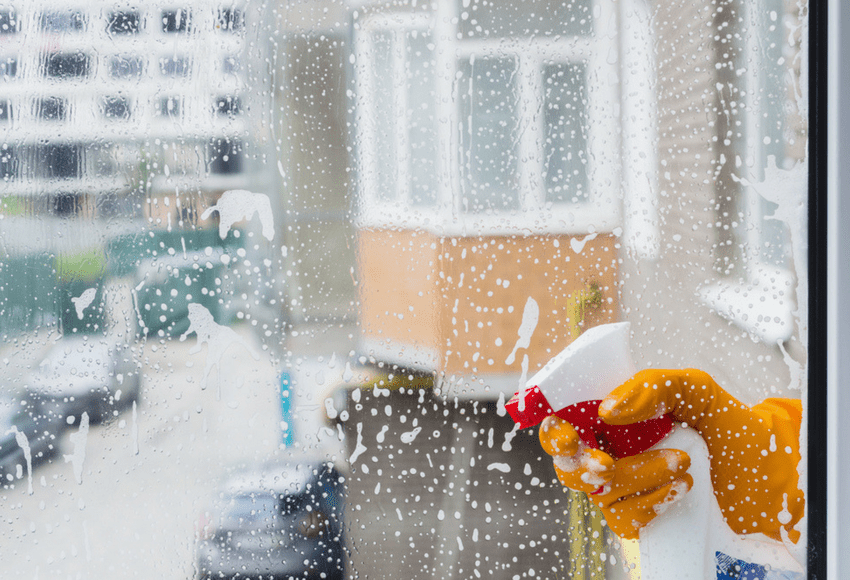
Pay attention to the fine print in your contract before you give the keys back to your landlord. You don’t want to have to pay for a window cleaner or a gardener to come out, and you won’t be able to claim you didn’t know it was your responsibility if it was in your contract and you just hadn’t read it.
Related: Spring Cleaning On A Budget: 5 Alternative Cleaning Products That Are Already In Your Cupboard
Clean, clean, clean
If your property isn’t clean when you move out, then you definitely won’t be keeping your deposit in full. If you move out leaving no marks on the walls or stains on the carpet but everything else is filthy, you will be charged the cost of cleaning. Some landlords insist as part of your contract that you have the property cleaned professionally before you move out, and prove it with a receipt. This is a sure-fire way to prevent the property being left in a state.
If you do get a fee for cleaning deducted from your deposit, it’s up to your landlord to decide what sum they charge for this. If the house isn’t habitable, they may well take the whole value of your deposit. Keep on top of the cleaning throughout your tenancy so it’s not a huge job at the end. Imagine you own your home rather than renting it – you’ll feel motivated to take better care of it as a result.
An end of tenancy clean should be extremely thorough – as though you’re returning the property to “as new” condition. It involves emptying hair traps in plugholes, wiping the skirting boards and -eek!- even scrubbing the oven . . .better get those rubber gloves out.
Have you got any tips on how to keep your deposit that we missed out on here?








